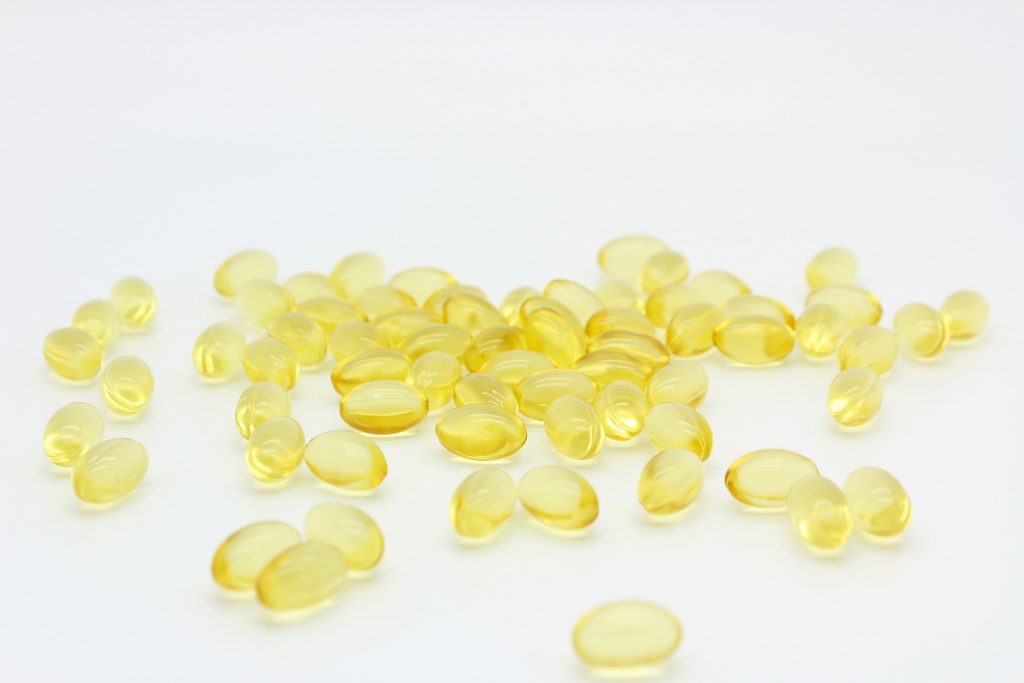 A number of fatty acids from the omega 3 family are essential to health. Deficiencies of these fatty acids can lead to a number of clinically relevant symptoms including inflammation and cognitive decline. Generally the Western diet is deficient in omega 3 fatty acids and this leaves the consumer at risk of developing Western lifestyle diseases. The addition of omega 3 fatty acids to the diets of those that normally consume the typical Western diet can reverse many of the symptoms associated with omega 3 deficiency. A number of studies have investigated the ability of omega 3 fats from algal oils to reverse cognitive problems. For example in one study, researchers supplements a number of elderly individuals with algal oil that contained the omega 3 fatty acid docosahexaenoic acid (DHA, C22:6, n-3)). The results of the study showed that those subjects talking the DHA supplement for 6 months experienced significantly fewer errors in tests of cognitive ability compared to subjects taking the placebo.
A number of fatty acids from the omega 3 family are essential to health. Deficiencies of these fatty acids can lead to a number of clinically relevant symptoms including inflammation and cognitive decline. Generally the Western diet is deficient in omega 3 fatty acids and this leaves the consumer at risk of developing Western lifestyle diseases. The addition of omega 3 fatty acids to the diets of those that normally consume the typical Western diet can reverse many of the symptoms associated with omega 3 deficiency. A number of studies have investigated the ability of omega 3 fats from algal oils to reverse cognitive problems. For example in one study, researchers supplements a number of elderly individuals with algal oil that contained the omega 3 fatty acid docosahexaenoic acid (DHA, C22:6, n-3)). The results of the study showed that those subjects talking the DHA supplement for 6 months experienced significantly fewer errors in tests of cognitive ability compared to subjects taking the placebo.

Docosahexaenoic acid has unique structural properties that allow it to confer specific functional properties that are necessary for cellular and tissue health in the brain. In particular, DHA can accumulate in the cell membranes of neuronal cells where it acts as a reservoir for the production of a number of unique molecules including the resolvins and the protectins. These compounds, collectively called the docosanoids, may play a particular role in the protection and regeneration of neurons through their regulation of inflammation. In addition, the DHA molecule is considered long chain fatty acid, and the presence of double bonds in the molecule gives it a pronounced kink. When packed into the cell membrane, this increases the intermolecular spaces and produces a more fluid membrane. This can alter the membrane function with regard to the propagation of neuronal signals, and this may facilitate more efficient memory and learning. It may also alter behaviour through more efficient use of neurotransmission routes.
In another study, researchers administered 2 grams of algal oil containing DHA to a group of patients with Alzheimer’s disease. The results of the study suggested that the supplement was able to slow the cognitive decline of the subjects compared to a placebo. However, this was only apparent in subjects who possessed the apolipoprotein E3 (ApoE3), but not ApoE4 variant of the apolipoprotein gene. Therefore some genetic variation may account for variation in the response to DHA supplements in patients with dementia. However, it is not just the elderly that benefit from DHA supplementation, as DHA supplements have been shown to benefit children by improving cognition and behaviour, and particularly in school performance. In a review of the studies to date one group of researchers reported that over half of the studies observed improvements in one area of cognition or behavior. Children may be particularly sensitive to deficiencies of DHA because the growing brain requires omega 3 fats for correct development.
Eat Well, Stay Healthy, Protect Yourself
RdB
